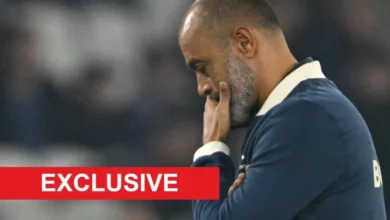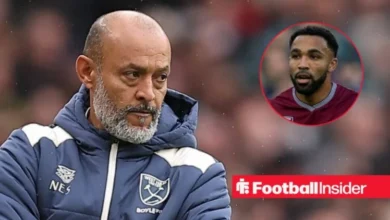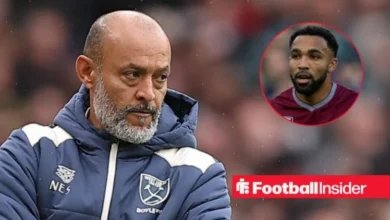“Absolutely INSANE! Harry Redknapp Stunned Speechless by Jaw-Dropping West Ham Shocker You WON’T Believe!”
West Ham sit 19th in the Premier League and risk slipping to the bottom once Gameweek 7 concludes.
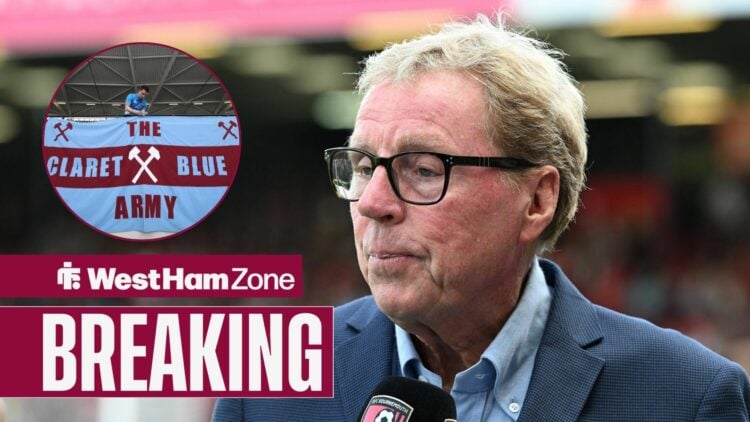
The wait for Nuno Espirito Santo’s first win as West Ham manager continues after the Hammers fell 2-0 to Arsenal on Saturday evening.
The Portuguese coach faces a tough challenge at the London Stadium, especially after inheriting a squad that started the season poorly under Graham Potter.
Potter’s brief and troubled tenure set the tone for West Ham’s early struggles, leaving Nuno to deal with the fallout.
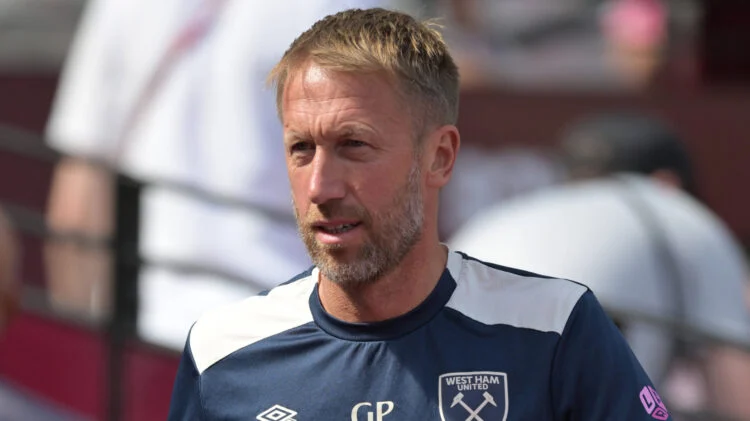
Following a disappointing summer transfer window, the Hammers may now be forced into further changes in January – though whether Nuno remains in charge by then is far from certain.
Former West Ham manager Harry Redknapp has expressed concern over the club’s current state, particularly regarding Potter’s abrupt dismissal.
Speaking in The Sun (5 October, page 56), Redknapp said he was stunned that the ex-Chelsea boss was sacked so soon.
“Premier League managers all know what they sign up for,” he remarked, “but some of the sackings and noise so early this season are crazy.
We’ve already seen Nuno Espirito Santo sacked by Nottingham Forest only to replace Graham Potter at West Ham.
If things stay bad and changes are made in January, fine—but it’s unfair to pile pressure on managers this early.”
Potter’s departure came after just six matches in charge this season, with West Ham losing five in all competitions and managing only one win—a 3-0 away victory against Nuno’s former side, Nottingham Forest.
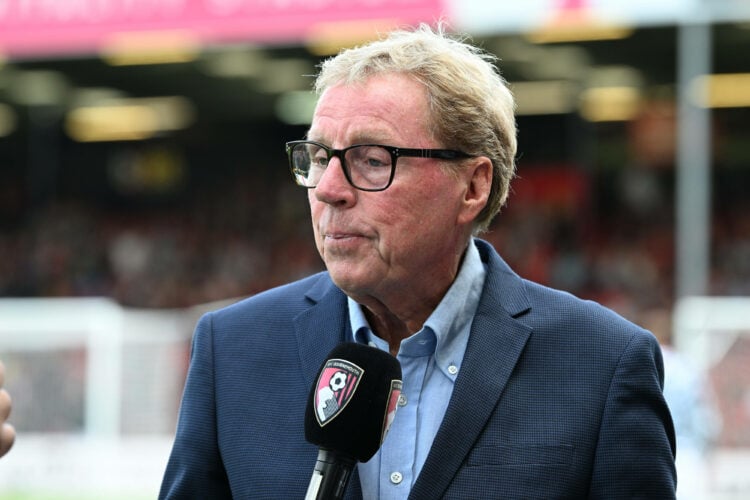
Though many fans had long called for Potter’s exit, Redknapp believes he wasn’t given enough time to turn things around.
Since taking over, Nuno has restored some belief among the supporters, but the challenge ahead is daunting.
His debut ended in a 1-1 draw against Everton, a performance that showed marked improvement—particularly in the second half—when players displayed greater fight and determination.
However, two subsequent away defeats have left Nuno still searching for his first victory.
While fans remain patient for now, the West Ham hierarchy—led by David Sullivan—are keeping a close eye on results.
Having already cycled through managers since the controversial departure of David Moyes, the club’s leadership seems desperate for stability but quick to act when results falter.
Unless Nuno can secure points soon, there’s a real risk he won’t be given the time or resources to build a long-term project at the club.
